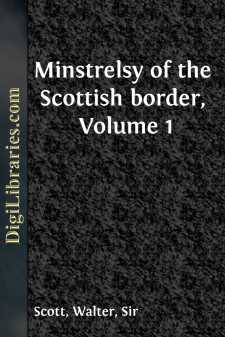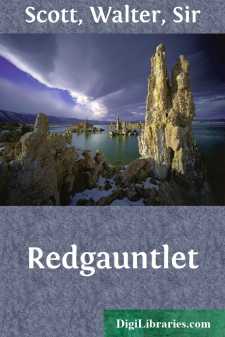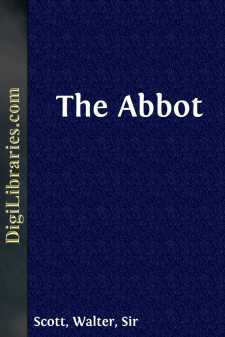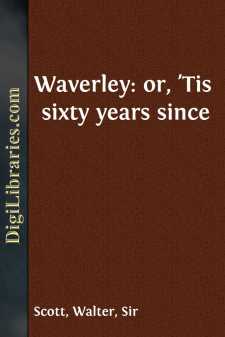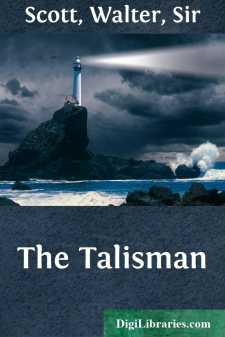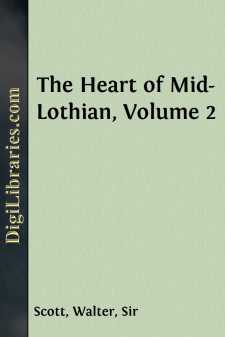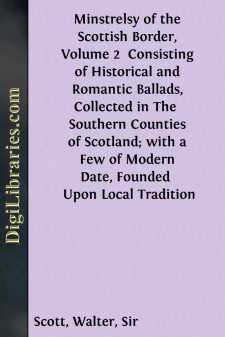Categories
- Antiques & Collectibles 13
- Architecture 36
- Art 48
- Bibles 22
- Biography & Autobiography 813
- Body, Mind & Spirit 142
- Business & Economics 28
- Children's Books 17
- Children's Fiction 14
- Computers 4
- Cooking 94
- Crafts & Hobbies 4
- Drama 346
- Education 46
- Family & Relationships 57
- Fiction 11829
- Games 19
- Gardening 17
- Health & Fitness 34
- History 1377
- House & Home 1
- Humor 147
- Juvenile Fiction 1873
- Juvenile Nonfiction 202
- Language Arts & Disciplines 88
- Law 16
- Literary Collections 686
- Literary Criticism 179
- Mathematics 13
- Medical 41
- Music 40
- Nature 179
- Non-Classifiable 1768
- Performing Arts 7
- Periodicals 1453
- Philosophy 64
- Photography 2
- Poetry 896
- Political Science 203
- Psychology 42
- Reference 154
- Religion 513
- Science 126
- Self-Help 84
- Social Science 81
- Sports & Recreation 34
- Study Aids 3
- Technology & Engineering 59
- Transportation 23
- Travel 463
- True Crime 29
Minstrelsy of the Scottish border, Volume 1
by: Walter Scott
Description:
Excerpt
INTRODUCTION.
From the remote period; when the Roman province was contracted by the ramparts of Severus, until the union of the kingdoms, the borders of Scotland formed the stage, upon which were presented the most memorable conflicts of two gallant nations. The inhabitants, at the commencement of this aera, formed the first wave of the torrent which assaulted, and finally overwhelmed, the barriers of the Roman power in Britain. The subsequent events, in which they were engaged, tended little to diminish their military hardihood, or to reconcile them to a more civilized state of society. We have no occasion to trace the state of the borders during the long and obscure period of Scottish history, which preceded the accession of the Stuart family. To illustrate a few ballads,[ii] the earliest of which is hardly coeval with James V. such an enquiry would be equally difficult and vain. If we may trust the Welch bards, in their account of the wars betwixt the Saxons and Danes of Deira and the Cumraig, imagination can hardly form any idea of conflicts more desperate, than were [570] maintained, on the borders, between the ancient British and their Teutonic invaders. Thus, the Gododin describes the waste and devastation of mutual havoc, in colours so glowing, as strongly to recall the words of Tacitus; "Et ubi solitudinem faciunt, pacem appellant."
At a later period, the Saxon families, who fled from the exterminating sword of the Conqueror, with many of the Normans themselves, whom discontent and intestine feuds had driven into exile,[iii] began to rise into eminence upon the Scottish borders. They brought with them arts, both of peace and of war, unknown in Scotland; and, among their descendants, we soon number the most powerful border chiefs. Such, [1249] during the reign of the last Alexander, were Patrick, earl of March, and Lord Soulis, renowned in tradition; and such were, also, the powerful Comyns, who early acquired the principal sway upon the Scottish marches. [1300]In the civil wars betwixt Bruce and Baliol, all those powerful chieftains espoused the unsuccessful party. They were forfeited and exiled; and upon their ruins was founded the formidable house of Douglas. The borders, from sea to sea, were now at the devotion of a succession of mighty chiefs, whose exorbitant power threatened to place a new dynasty upon the Scottish throne. It is not my intention to trace the dazzling career of this race of heroes, whose exploits were alike formidable to the English, and to their sovereign.
The sun of Douglas set in blood. The murders of the sixth earl, and his brother, in the castle of Edinburgh, were followed by that of their successor, poignarded at Stirling by the hand of[iv] his prince. His brother, Earl James, appears neither to have possessed the abilities nor the ambition of his ancestors. He drew, indeed, against his prince, the formidable sword of Douglas, but with a timid and hesitating hand. Procrastination ruined his cause; and he was deserted, at Abercorn, by the knight of Cadyow, chief of the Hamiltons, and by his most active adherents, after they had ineffectually exhorted him to commit [1453]his fate to the issue of a battle....


